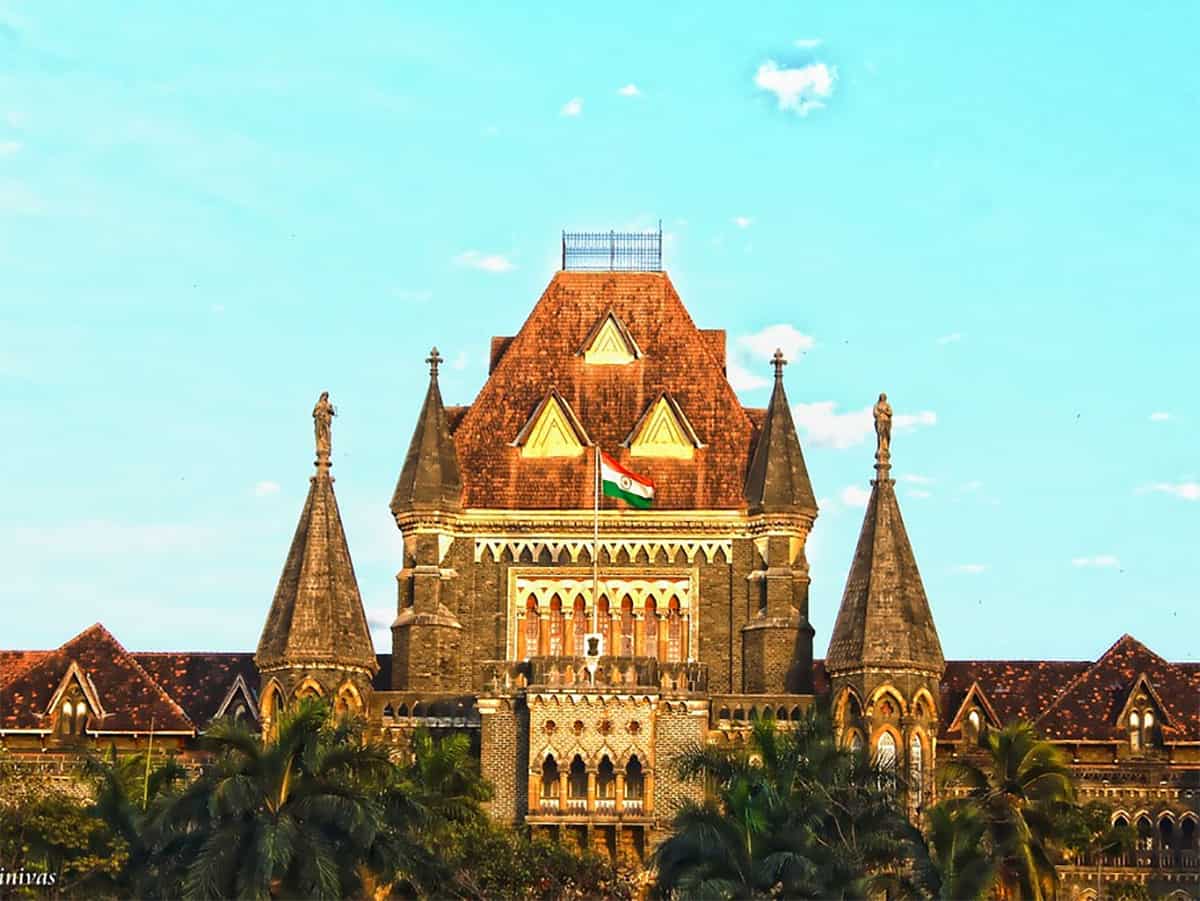
A PIL submitted by Jain charity trusts asking for a limitation or ban on the advertisement of non-vegetarian food in print and electronic media was rejected as withdrawn by the Bombay high court on Monday. The petitioners were questioned by the high court on why they wanted to infringe on other people’s rights.
The division bench of Chief Justice Dipankar Datta and Justice Madhav J Jamdar rejected the current PIL as withdrawn after the petitioners requested to drop the plea in light of prior Supreme Court rulings. Instead, they authorised the petitioners to submit a new petition with more details.
Shri Vardhaman Parivar, Sheth Motisha Religious and Charitable Trust, Shree Atma Kamal Labdhisurishwarji Jain Gyanrnandir Trust, and Mumbai industrialist Jyotindra Ramniklal Shah were some of the petitioners.
They had filed the PIL, arguing that such promotions violated their right to privacy and their right to an unhindered existence. Additionally, they asserted that their families, especially the children, are made to watch these advertisements, which have an impact on the young viewers’ minds.
The State Government and its Department of Food, Civil Supplies, and Consumer Protection, the Union Ministry of Information and Broadcasting, the Press Council of India, the Advertisement Standards Council of India, and private meat companies that own brands like Licious were all named as respondents in the PIL.
The petition further asked the authorities to make regulations restricting and banning non-vegetarian food advertisements throughout media since they not only annoy and bother those who consider themselves vegetarians but also violate their right to privacy.
While compassion for living things is listed as one of our fundamental obligations in Article 51A (g) of the Constitution, the argument went, these advertisements encourage cruelty to animals. The petition also claimed that the government had banned the promotion of alcohol and placed limitations on the promotion of cigarettes. They said that “non-vegetarian meals are unhealthy, harm the environment, and encourage children to eat them.”
The petitioners said that while they have nothing against the purchase and eating of non-vegetarian cuisine, their complaint is solely with the promotion of such foods.
The bench said that the legislature should be in charge of handling the PIL’s problems since it is not within its purview to create laws or regulations that forbid anything. It was stated that the high court may step in if any rights were being violated. “There are two ways to look at it. A regular man would advise turning off the television. However, we would approach it from a legal perspective. The bench said, “You are asking us to frame the law since what you are seeking must be supplied by law, and there is no such legislation in this place.”
Additionally, it said that by requesting a prohibition, the petitioner was inadvertently violating the rights of others. What about the Constitution’s Article 19 (Right to life and personal liberty) violation? Why are you violating the rights of others? There are two perspectives on it. A regular man would advise turning off the television. However, we would approach it from a legal perspective. You need a law to deliver what you’re asking for, and because there isn’t one in place, you’re asking us to create one, it continued.
The bench permitted the petitioners to withdraw the plea and offered them the freedom to submit a new petition after they attempted to alter the plea by claiming that certain other pertinent papers had not been appended to the petition. The bench said, “The petition is dismissed as withdrawn.”



